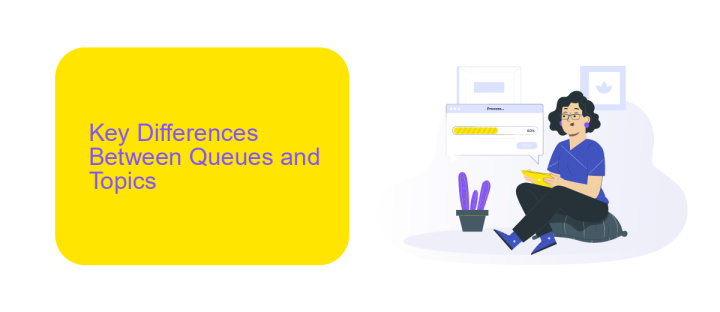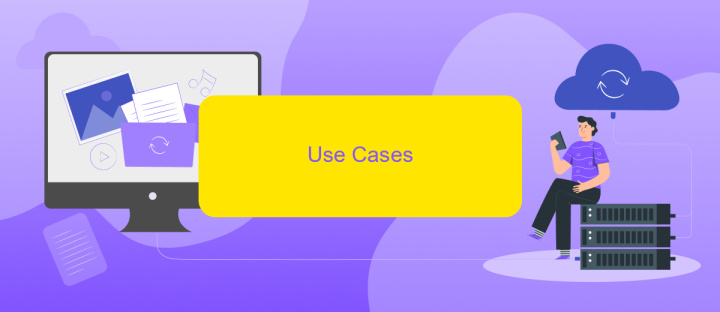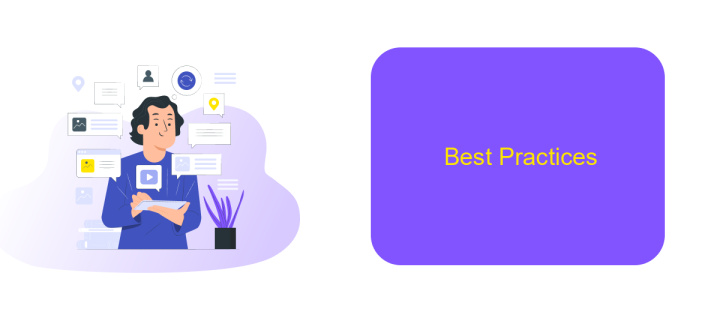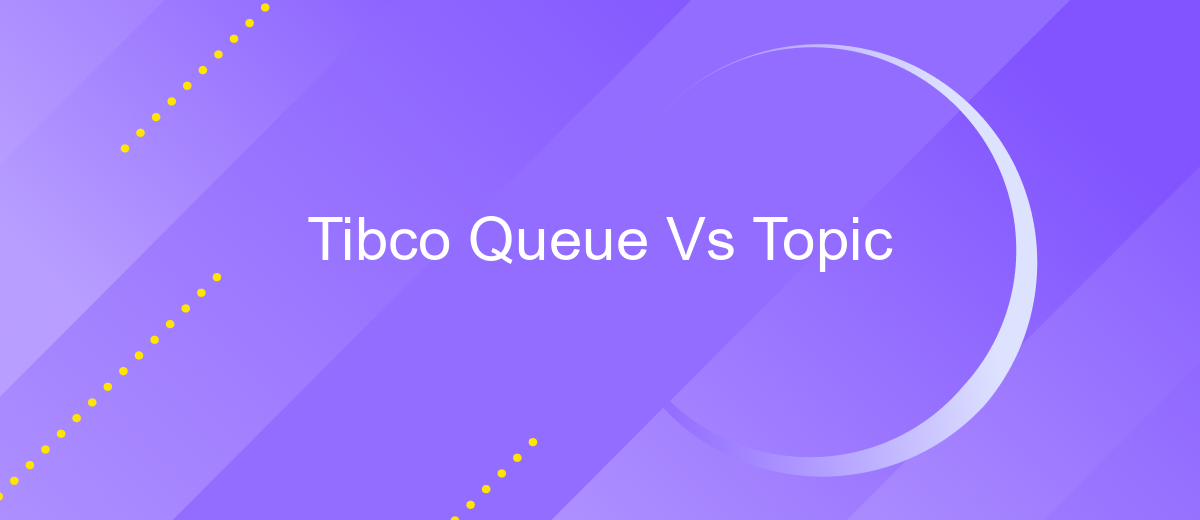Tibco Queue Vs Topic
When it comes to enterprise messaging systems, choosing the right communication model is crucial for optimizing performance and scalability. Tibco offers two primary messaging paradigms: Queue and Topic. This article delves into the fundamental differences between Tibco Queue and Topic, helping you understand their unique features, use cases, and how to make an informed decision for your specific business needs.
Introduction
In the world of enterprise messaging, Tibco offers robust solutions for integrating and managing data flows. Two primary components in Tibco's messaging system are Queues and Topics. Understanding the differences between these elements is crucial for optimizing your system's performance and ensuring reliable data delivery.
- Queue: A point-to-point messaging model where each message is delivered to a single consumer.
- Topic: A publish-subscribe model where messages are broadcast to multiple subscribers.
Choosing between Tibco Queue and Topic depends on your specific use case. For instance, if your application requires messages to be processed by only one consumer, a Queue is ideal. Conversely, if you need to broadcast messages to multiple consumers, a Topic is the better choice. Tools like ApiX-Drive can further streamline these integrations by automating data workflows and ensuring seamless communication between different systems.
Key Differences Between Queues and Topics

Queues and topics in Tibco serve different purposes in message-oriented middleware. A queue ensures that each message is consumed by only one receiver, making it ideal for point-to-point communication. This setup is beneficial for tasks like job processing, where each job needs to be handled by a single worker. On the other hand, a topic allows multiple subscribers to receive the same message, which is perfect for publish-subscribe scenarios. This is useful in cases like news distribution, where the same information needs to be disseminated to multiple systems or users.
Another key difference lies in message persistence. In a queue, messages are typically stored until they are successfully processed by a receiver, ensuring reliability. Topics, however, often use a more transient form of storage, where messages might only be available to subscribers that are actively listening at the time of publication. For those looking to integrate these messaging systems with various applications, services like ApiX-Drive can simplify the process, offering seamless integration and automation capabilities without the need for extensive coding.
Use Cases

When deciding between Tibco Queue and Topic, it's crucial to understand their specific use cases to make an informed choice. Queues are ideal for point-to-point communication where each message is consumed by a single receiver. Topics, on the other hand, are perfect for publish-subscribe scenarios where messages need to be broadcast to multiple subscribers.
1. **Tibco Queue Use Cases:** - **Order Processing:** Ensures each order is processed once by a single system. - **Task Distribution:** Distributes tasks to workers, ensuring no task is duplicated. - **Transaction Management:** Guarantees that each transaction is handled by one service. 2. **Tibco Topic Use Cases:** - **Event Broadcasting:** Ideal for sending real-time updates to multiple systems. - **Monitoring Systems:** Distributes alerts and logs to various monitoring tools. - **Content Distribution:** Shares updates or news to multiple subscribers simultaneously.
For seamless integration and automation of these use cases, consider using ApiX-Drive. This service simplifies the setup of integrations between different systems, ensuring efficient and reliable data flow whether you're using queues or topics.
Best Practices

When working with Tibco Queue and Topic, it’s essential to follow best practices to ensure optimal performance and reliability. Understanding the key differences between these two messaging models can help you choose the right one for your specific use case.
Queues are ideal for point-to-point communication where each message is consumed by a single receiver, while Topics are suited for publish-subscribe scenarios where messages are broadcast to multiple subscribers. Proper configuration and management of these models are crucial for maintaining system efficiency.
- Use durable subscriptions for Topics to ensure no messages are lost.
- Implement message filtering to reduce unnecessary processing.
- Monitor queue depths to prevent bottlenecks and ensure timely processing.
- Utilize tools like ApiX-Drive for seamless integration and automated workflows.
By adhering to these best practices, you can maximize the effectiveness of Tibco Queue and Topic in your messaging architecture. Leveraging integration services like ApiX-Drive can further streamline your processes, providing a robust solution for managing your data flows.
Conclusion
In conclusion, the choice between Tibco Queue and Topic largely depends on the specific requirements of your messaging system. Queues are ideal for point-to-point communication where each message is processed by a single consumer, ensuring reliable and ordered message delivery. On the other hand, Topics are suited for publish-subscribe scenarios, allowing multiple consumers to receive the same message simultaneously, which is beneficial for broadcasting events to multiple subscribers.
For those looking to streamline and automate their integrations, services like ApiX-Drive can be invaluable. ApiX-Drive offers a user-friendly platform to create and manage integrations without the need for extensive coding knowledge. This can simplify the process of setting up and maintaining your Tibco Queue or Topic configurations, ensuring seamless and efficient message handling across your systems.


FAQ
What is the main difference between a Tibco Queue and a Tibco Topic?
Can a single message be consumed by multiple receivers in a Tibco Queue?
How can I ensure that multiple subscribers receive the same message in Tibco?
What happens if no subscribers are available to receive a message published to a Tibco Topic?
Is there a way to automate the process of setting up and managing Tibco Queues and Topics?
Time is the most valuable resource for business today. Almost half of it is wasted on routine tasks. Your employees are constantly forced to perform monotonous tasks that are difficult to classify as important and specialized. You can leave everything as it is by hiring additional employees, or you can automate most of the business processes using the ApiX-Drive online connector to get rid of unnecessary time and money expenses once and for all. The choice is yours!

